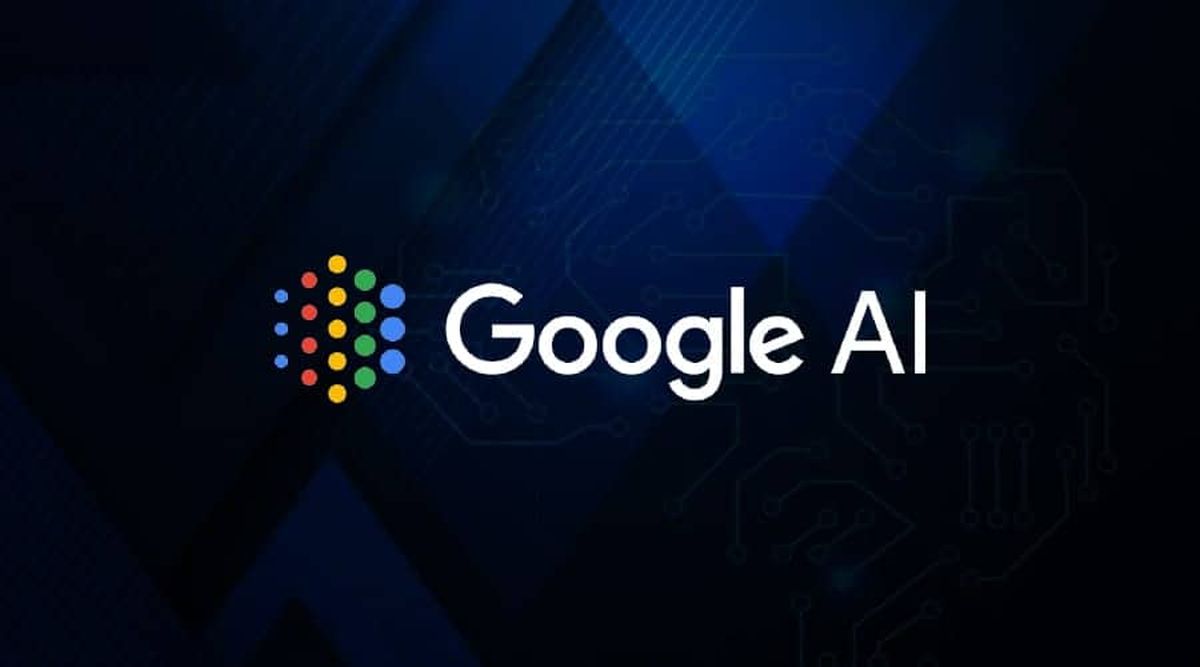EU’s New AI Law Bans ‘High-Risk’ Systems: here’s what that means
The European Union has officially begun enforcing its AI Act, marking the first compliance deadline on February 2. This regulation allows EU authorities to ban AI systems deemed an "unacceptable risk" to individuals or society.
The AI Act, approved in March 2024 and in effect since August, categorizes AI risks into four levels: minimal, limited, high, and unacceptable. While minimal and limited-risk AI (such as spam filters and chatbots) face little oversight, high-risk systems, like those used in healthcare, are heavily regulated. The most severe category, unacceptable-risk AI, is now prohibited across the EU.
Some of the banned AI applications include social scoring, predictive policing based on appearance, real-time biometric surveillance in public spaces, emotion detection in workplaces or schools, and AI systems that manipulate or deceive individuals. Companies violating these rules could face fines of up to €35 million (~$36 million) or 7% of their annual revenue, whichever is greater.
However, certain exceptions exist. Law enforcement agencies can use biometric AI for targeted searches, such as finding missing persons or preventing imminent threats, provided they receive proper authorization. Similarly, AI systems for workplace or educational emotion analysis may be allowed if justified for medical or safety reasons.
While over 100 companies, including Amazon, Google, and OpenAI, have voluntarily pledged to comply early through the EU AI Pact, major players like Apple, Meta, and Mistral AI have not joined. Despite this, all companies operating in the EU will eventually have to adhere to the new rules.
The next major compliance deadline is in August, when enforcement mechanisms and penalties will officially take effect. As regulatory authorities continue to refine guidelines, businesses must navigate how the AI Act intersects with existing laws like GDPR, raising further compliance challenges.
RECOMMENDED NEWS

iOS 17.2.1 is reportedly causing connectivity issues for some users
It has been nearly two weeks since Apple released the iOS 17.2.1 update. And it appears that many p...

Microsoft reveals Windows 10 ESU pricing: starts at $61
Microsoft's Windows 10 operating system is nearing the end of its life. Come October 2025, support ...
iOS 17.5 and macOS Sonoma 14.5 update adds anti-tracking feature, offline support for News+
Apple has released the iOS 17.5, macOS Sonoma 14.5 and iPadOS 17.5 updates. The new software comes ...

DeepSeek Pulled from App Stores in Italy. Here’s Why
DeepSeek, the Chinese AI company that recently surged to the top of the Apple App Store charts in t...

New Research Suggests AI Assistants Could Be Impacting Your Cognitive Skills
A recent study conducted by Microsoft in collaboration with Carnegie Mellon University has raised c...

Google Enhances Google Slides with New AI-Powered Features
Google has unveiled a series of significant enhancements to Google Slides, aiming to elevate user e...
Comments on "EU’s New AI Law Bans ‘High-Risk’ Systems: here’s what that means" :